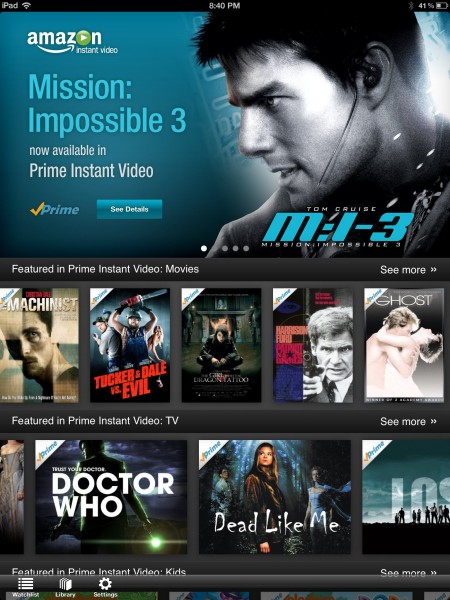We all need guides for the overwhelming world of the Internet. Digital curators are essential to sifting through the vast and expanding supply of online content because they find the good stuff that’s worth checking out.
When Download the Universe launched a year ago, the digital world gained a smart and discerning curator for the growing number of science ebooks. What a boon for science lovers. Science lends itself uniquely to apps and ebook publishing. And doing what digital publishing does best, a good ebook can bring content to life like no paperback or hardcover can.
Take Harper Collins’ Fragile Earth ($2.99 on iTunes), which came out originally as a glossy coffee table book. Loaded with before and after photos of places on the planet scarred by deforestation and climate change, the book was visually stunning, if pedantic. But when released as an ebook, the whole experience unfolded like a beautiful, heartbreaking origami.
As Download the Universe’s review of the Fragile Earth ebook points out, the app version benefits from digital technology, laying before and after satellite images over one another, rather than side by side, making the experience of seeing them even more profound.
Here’s another one: Color Uncovered (free on iTunes), produced by San Francisco’s Exploratorium Museum, is a rich experience like a museum exhibit itself. Combining text with images and interactive features, the ebook explores how the eye perceives color. The reviewer, New York Times contributor Carl Zimmer, uses his review to discuss what the ebook experience shares with museum exhibits.
In the hands of Download the Universe, it appears that ebook publishing has matured into its own genre, with its own distinct advantages.
Sometimes ebook publishers don’t make good use of available features. This review of Blindsight by journalist Chris Colin notes that the book’s app version, telling the story of a television director who suffers a brain injury, should have included neurological background information in the main story, not as a separate feature.
Download the Universe only reviews ebooks in the digital universe, not spin-offs from traditional print books. They look at Kindle products, self-published pdf manuscripts and apps, and they’ve got top-notch talent reviewing this brave new world on our behalf. The editorial board includes some names you may well recognize, like Sean Carroll (Caltech physicist), Steve Silberman (Wired), Maggie Koerth-Baker (Boing Boing), Annalee Newitz (io9), and David Dobbs (NYTimes, Nat Geo, etc.).
Related Content:
Neil deGrasse Tyson Lists 8 (Free) Books Every Intelligent Person Should Read
NASA Presents “The Earth as Art” in a Free eBook and Free iPad App
375 Free eBooks: Download to Kindle, iPad/iPhone & Nook
Kate Rix writes about digital media and education. Read more of her work at .










